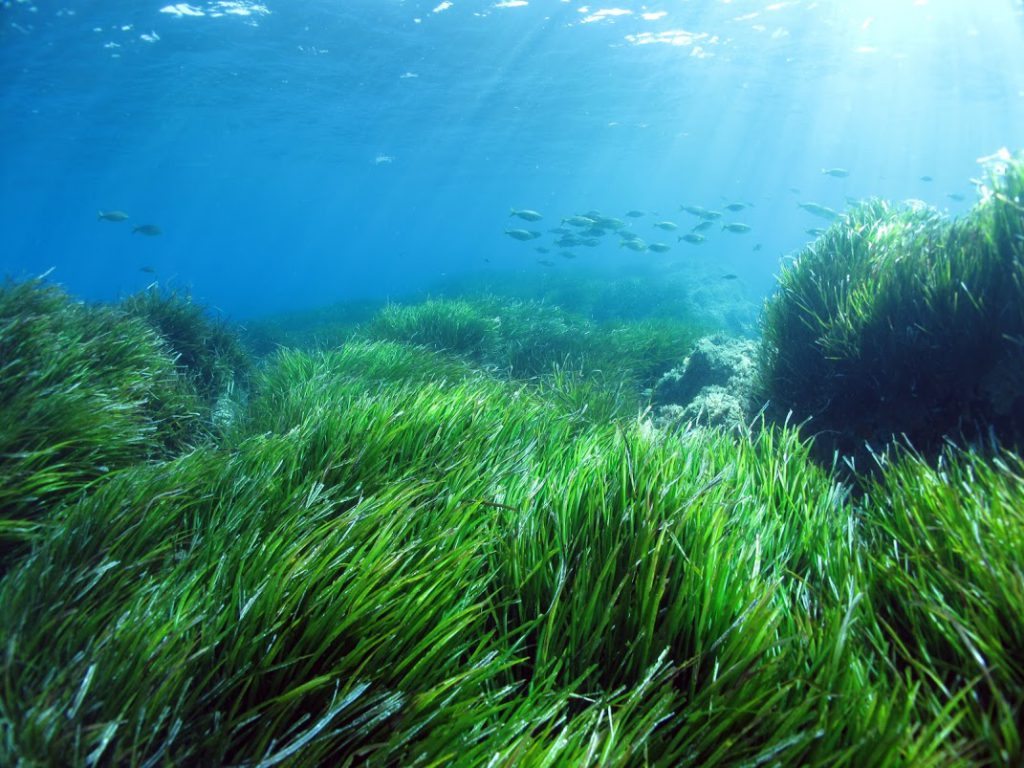How Danish researchers use seaweed to turn on a car
Being sustainable also means thinking outside the box. This is what the researchers of the Danish group MacroFuels did, by experimenting with alternative methods to fossil fuels to create biofuel. Following extensive research, they focused on ocean resources, particularly microalgae (commonly known as seaweed).
Why seaweed?
With more than 72 000 species, algae are a fundamental part of our planet (they cover 70% of it) and constitute an indisputable source of oxygen: according to a study carried out by Russell Champan, Executive Director for Marina Biodiversity and Conservation in California, 50% of the oxygen we breathe is produced by algae. We could say that our life depends on them.
Above all, algae are important players in the carbon cycle: they sequester it from CO2 and transform it either into biomass in the ocean depths or mineralize it. Therefore, for every kilo of algae produced, two kilos of CO2 in the atmosphere are absorbed.
Recently, numerous studies are bringing to light the potential of algae as a contrast agent for global warming. Among them, a research about the possibility of using seaweed as biofuels has emerged.
Thanks to the fermentation of algae sugars, MacroFuels researchers were able to produce enough biofuel to run a car. Powered by the tested product, the car reached speeds of u to 80km/h. At the same time, the levels of carbon monoxide and nitrogen dioxide emitted, as well as particle emissions caused by the car’s use, were measured. From the results, the values obtained with algae biofuel are the same as for the commonly used one. There is no change in CO2 levels; however, unlike oil, algae take CO2 from the atmosphere.
At the moment, Jaap Van Haal, the scientific coordinator of the project, says that it could take a couple of decades before the algae become competitive on a large scale.
Until then, we can only continue to support research and use less polluting means of transport.
To deepen the topic
- Ruth Kassigner, BLOOM, From food to fuel, the epic story of how algae can save our world.
References:
- Le alghe marine sono la soluzione per un biocarburante sostenibile? (http://cordis.europa.eu)
- Russell Leonard Chapman, Algae: the world’s most important “plants”—an introduction (https://link.springer.com)



